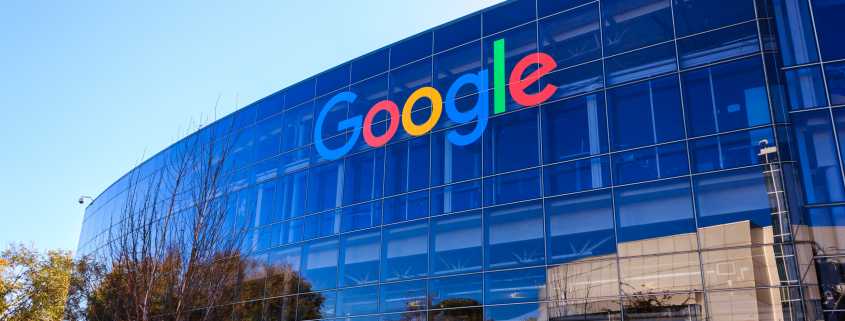Study: Google is the biggest beneficiary of GDPR
Thanks to its dominant position on the market, Google, the industry leader, benefits from a positive effect brought about by the implementation of the GDPR. This positive effect is mainly due to an increased concentration in the online advertising market. Although the number of trackers is decreasing overall, a few large operators, such as Google, are receiving even more user data as a result of the implementation.
The General Data Protection Regulation (GDPR), which is primarily aimed at protecting personal data within the EU, has been in effect for just over four months now.
What has changed since May 25? What impact has the GDPR had on the tracker landscape and the online advertising market in Europe?
A study by Cliqz and Ghostery answers these questions. Using data from WhoTracks.me, it compares the prevalence of trackers one month before and one month after the introduction of GDPR.
WhoTracks.me is a joint initiative of Cliqz and Ghostery. It provides structured information about tracking technologies, market structure and data sharing on the web and thus creates more transparency. On the WhoTracks.me website, interested parties will find monthly tracking statistics visualized. They are based on the evaluation of nearly 300 million pages and more than half a million websites.
According to this study small advertisers lose - Google wins!
Most trackers collect data for advertising purposes. They want to know as much as possible about a user in order to display personalized ads. The more targeted the ads are to the user's interests, the more successful they are and the more money they generate. The global online advertising market is worth an estimated $270 billion in 2018 and is expected to grow by more than 20% over the next two years. Prior to the introduction of the GDPR, the advertising industry was also concerned about the impact it would have on the advertising market and competition.
A comparison of follower prevalence between April and July reveals a clear picture: particularly small advertising operators have lost considerable reach (which can be used as a proxy for market share).
They lost between 18% and 31%. Facebook suffered a drop of just under 7%. On the other hand, the market leader Google was even able to increase its reach slightly (plus 1%).

How is this possible?
There are several possible explanations for this:
- Google and other large ad tech companies have significant resources dedicated to compliance
- Reports indicate that Google may have used its dominant position to encourage publishers to reduce the number of trackers on their sites and thus the number of ad technology providers.
- To avoid penalties, website owners prefer to play it safe and leave out smaller advertisers who may have a harder time proving compliance.
One thing is for sure: Google is indirectly benefiting from the effects of the GDPR, which has led to increased concentration of the online advertising market in Europe, with the majority of advertisers losing market share. Google seems to have taken advantage of the uncertainty surrounding the GDPR to strengthen its leading position in the market. On the other hand, many smaller competitors are gradually losing market share since it came into effect.
Going further:
Article economie.gouv : https://www.economie.gouv.fr/entreprises/reglement-general-sur-protection-des-donnees-rgpd
CNIL Tip: https://www.cnil.fr/fr/rgpd-par-ou-commencer
Article ABC Digital Touch: https://abcdigitaltouch.fr/rgpd-quel-impact-pour-les-donnees/
Our services : https://legalcity.fr/mise-en-conformite-rgpd/





Leave a comment
Join the discussion?Feel free to contribute!